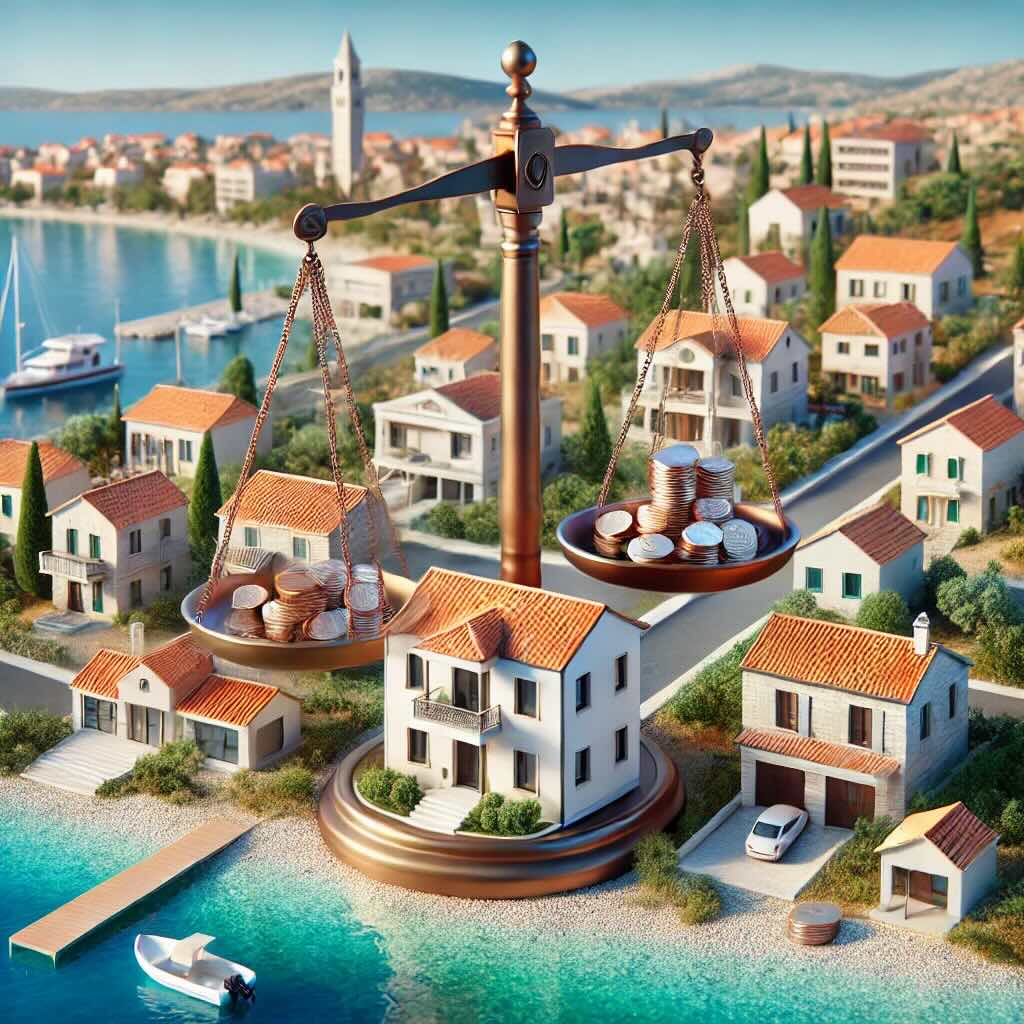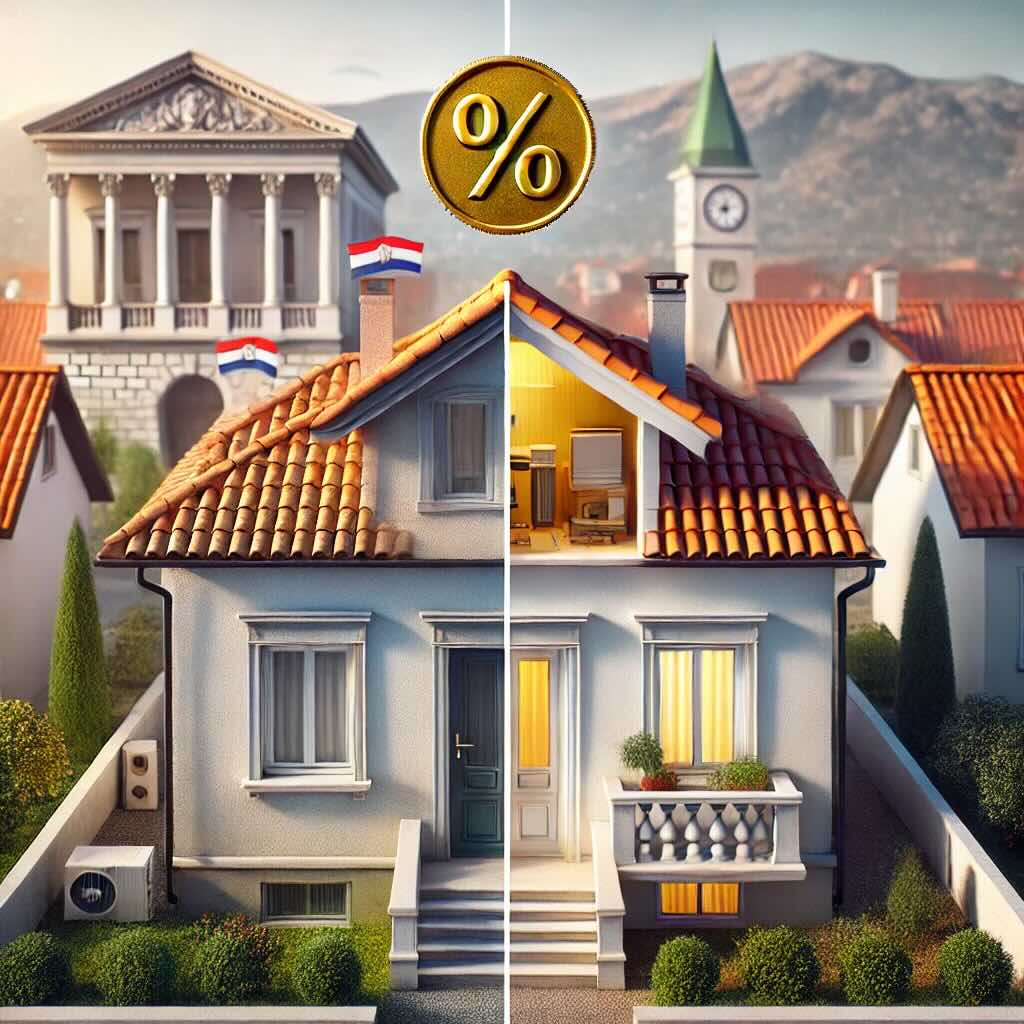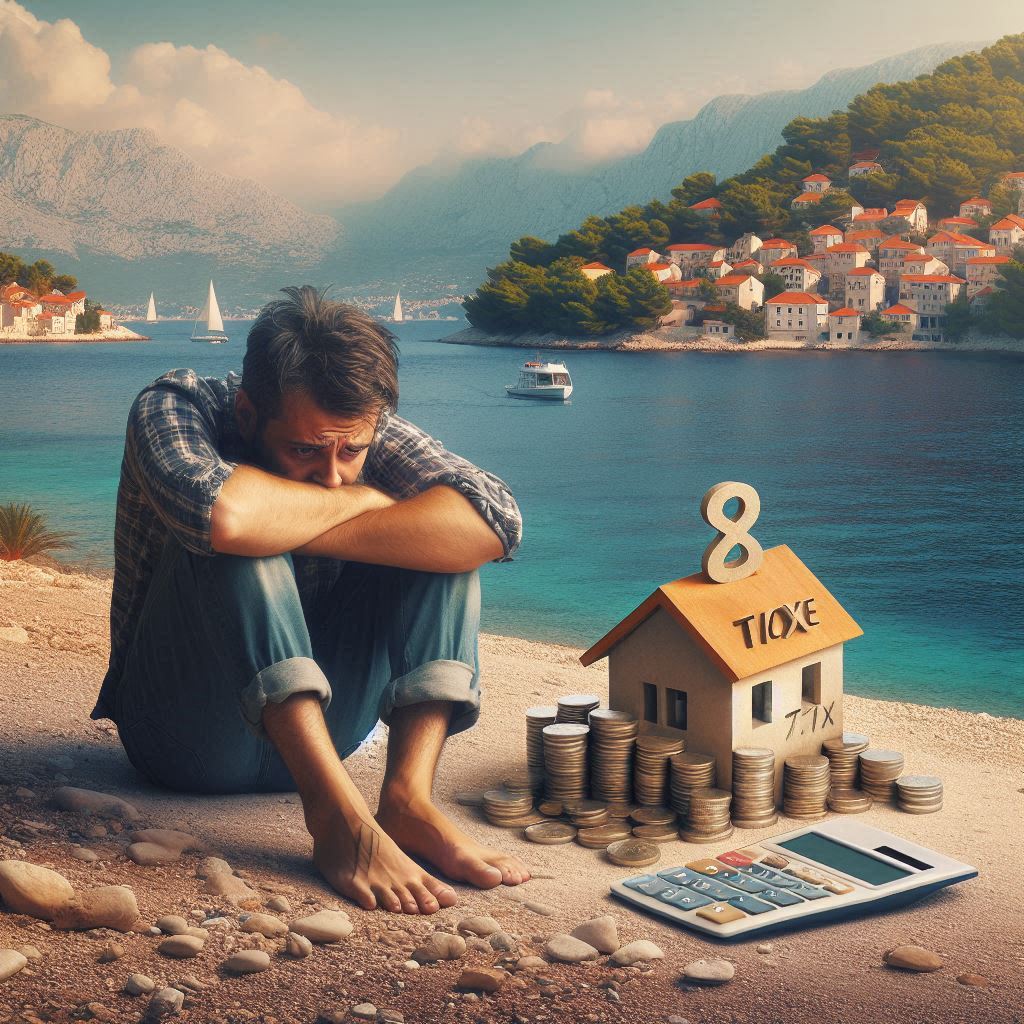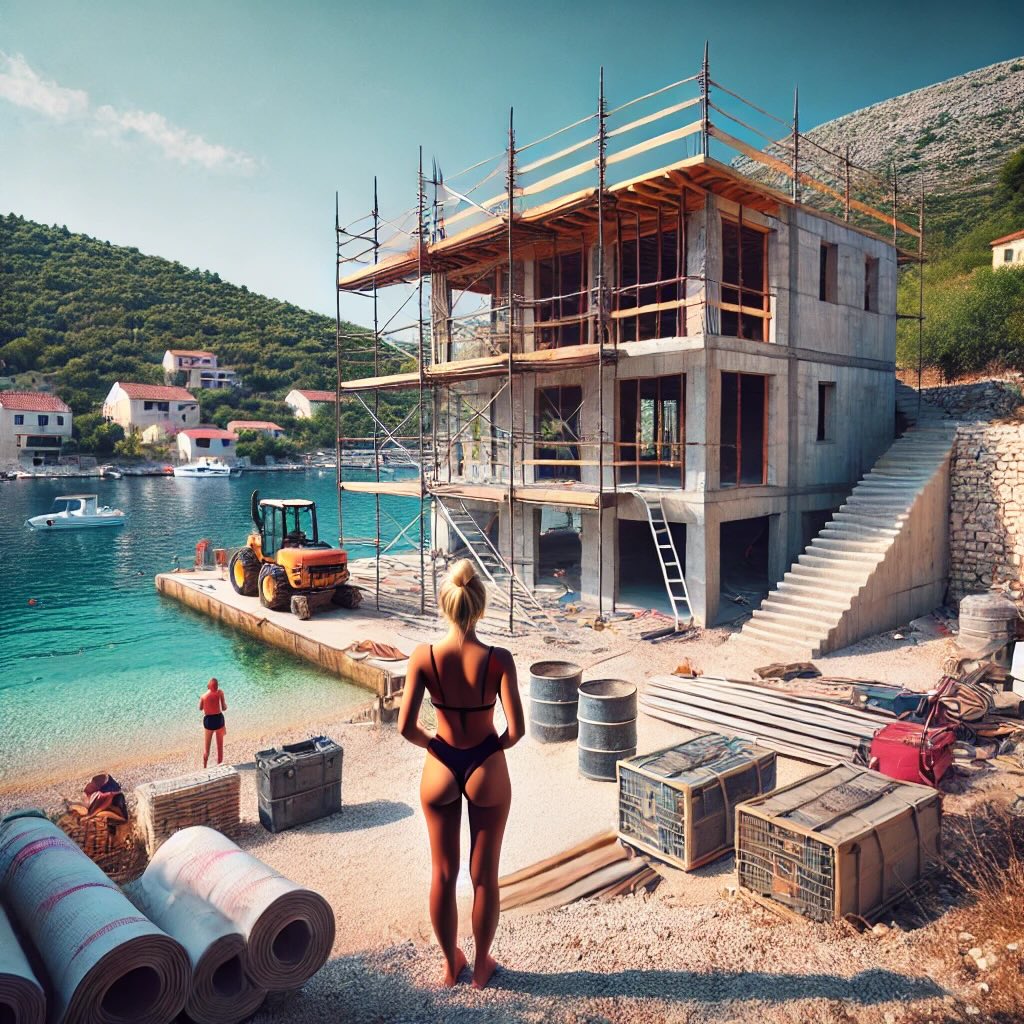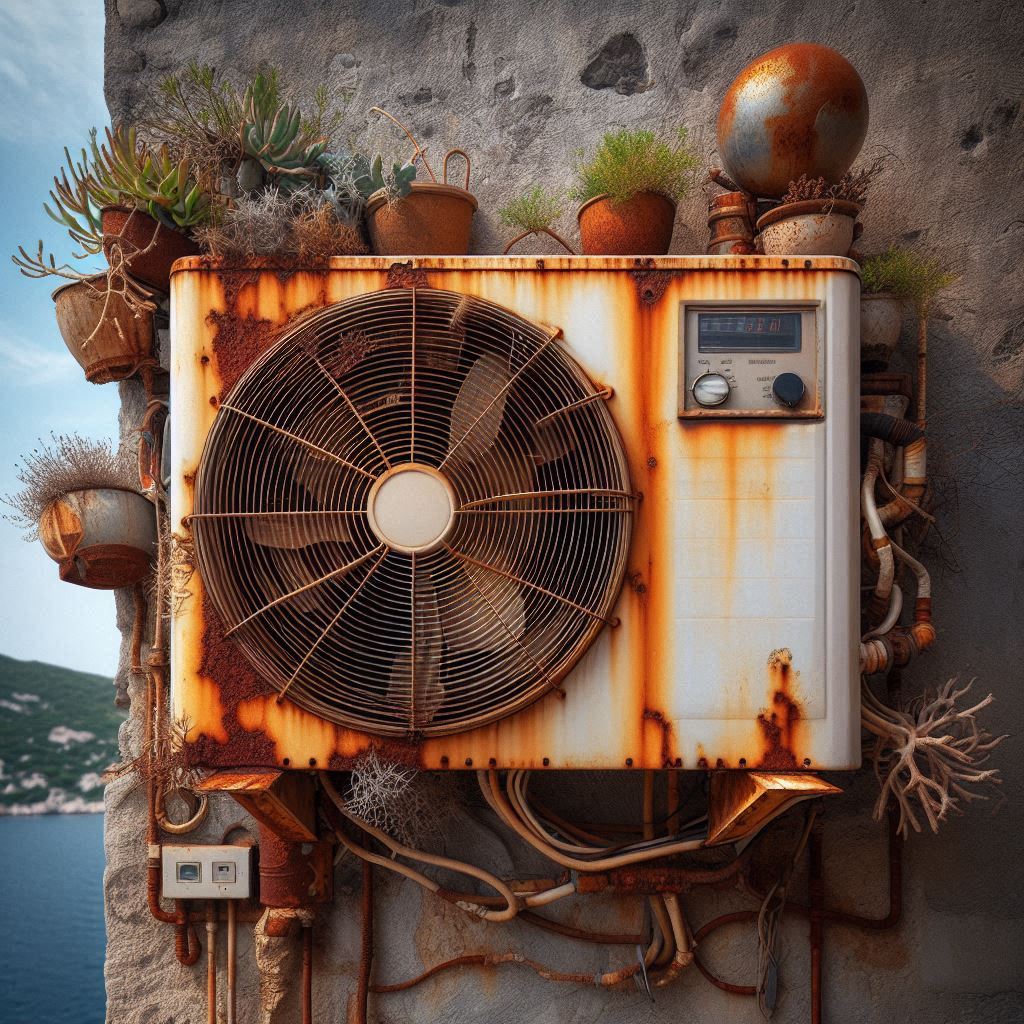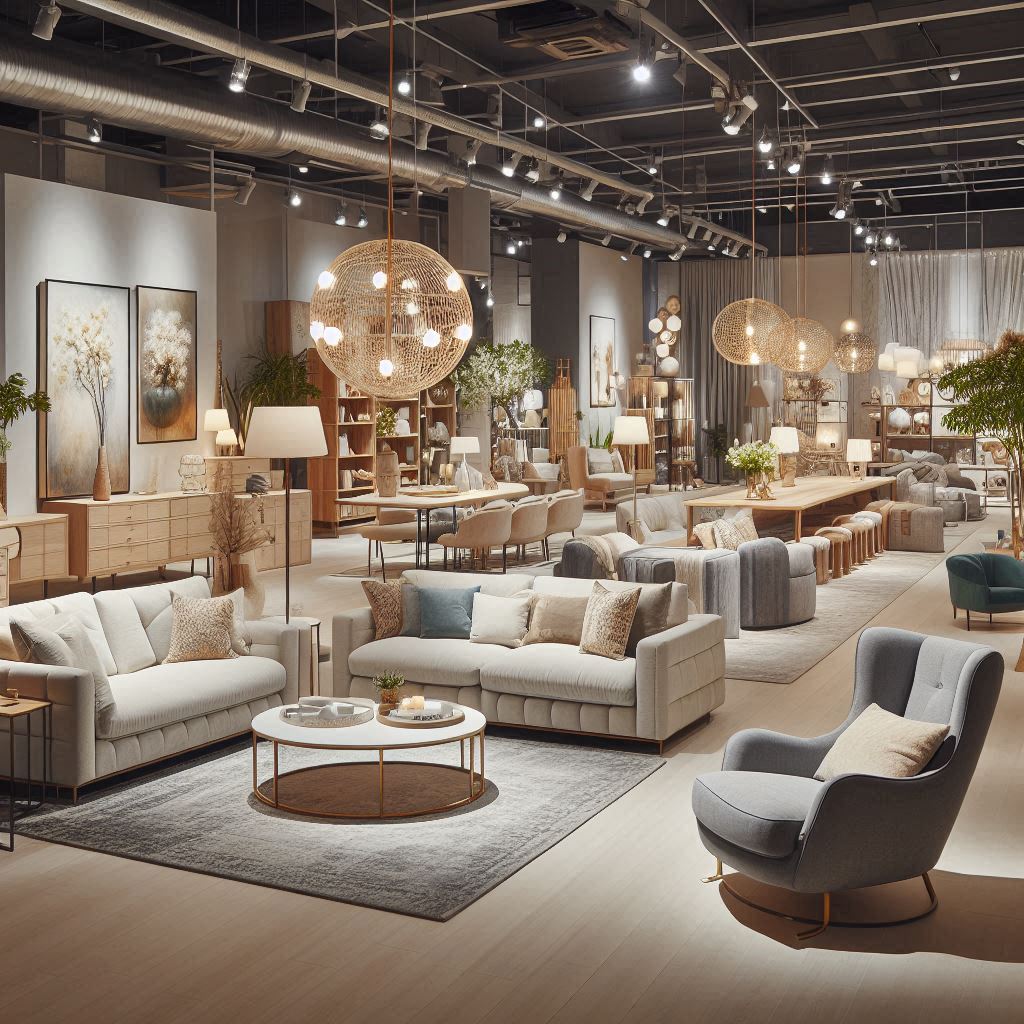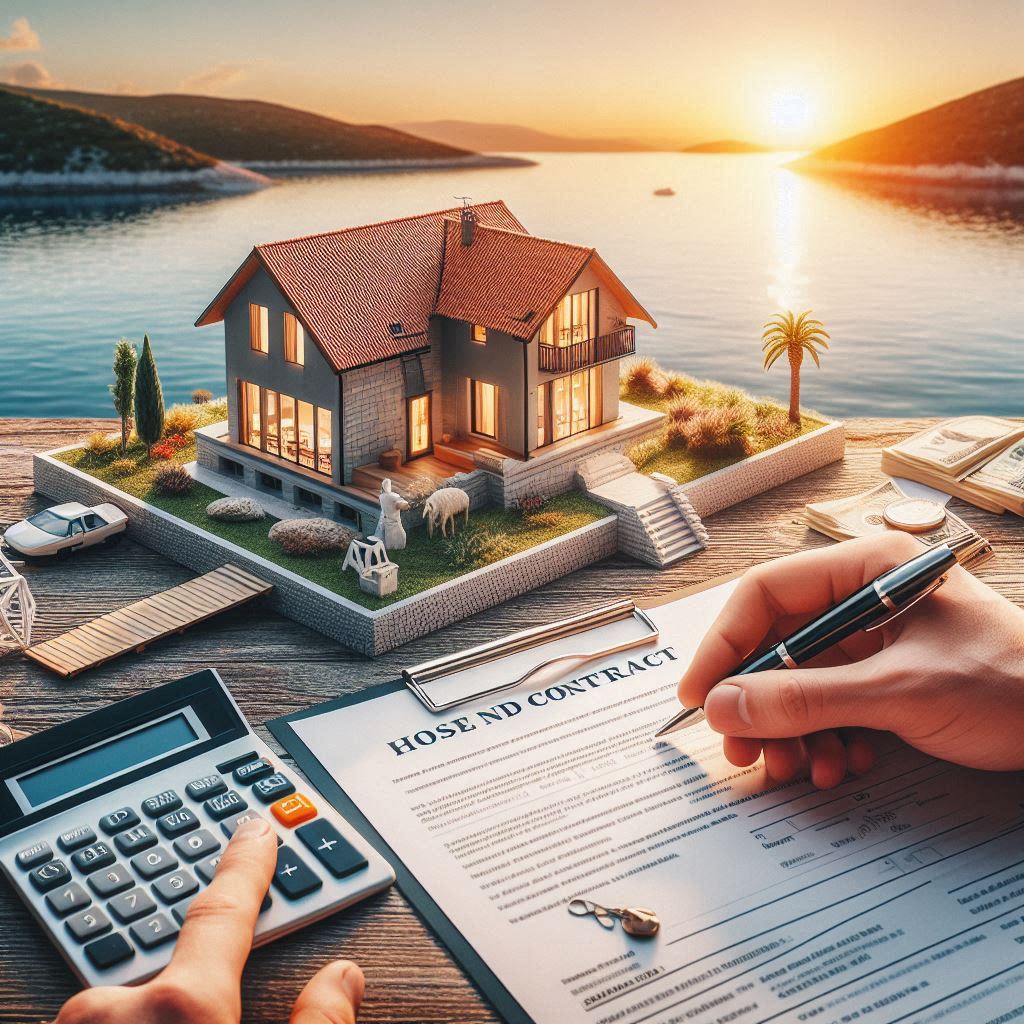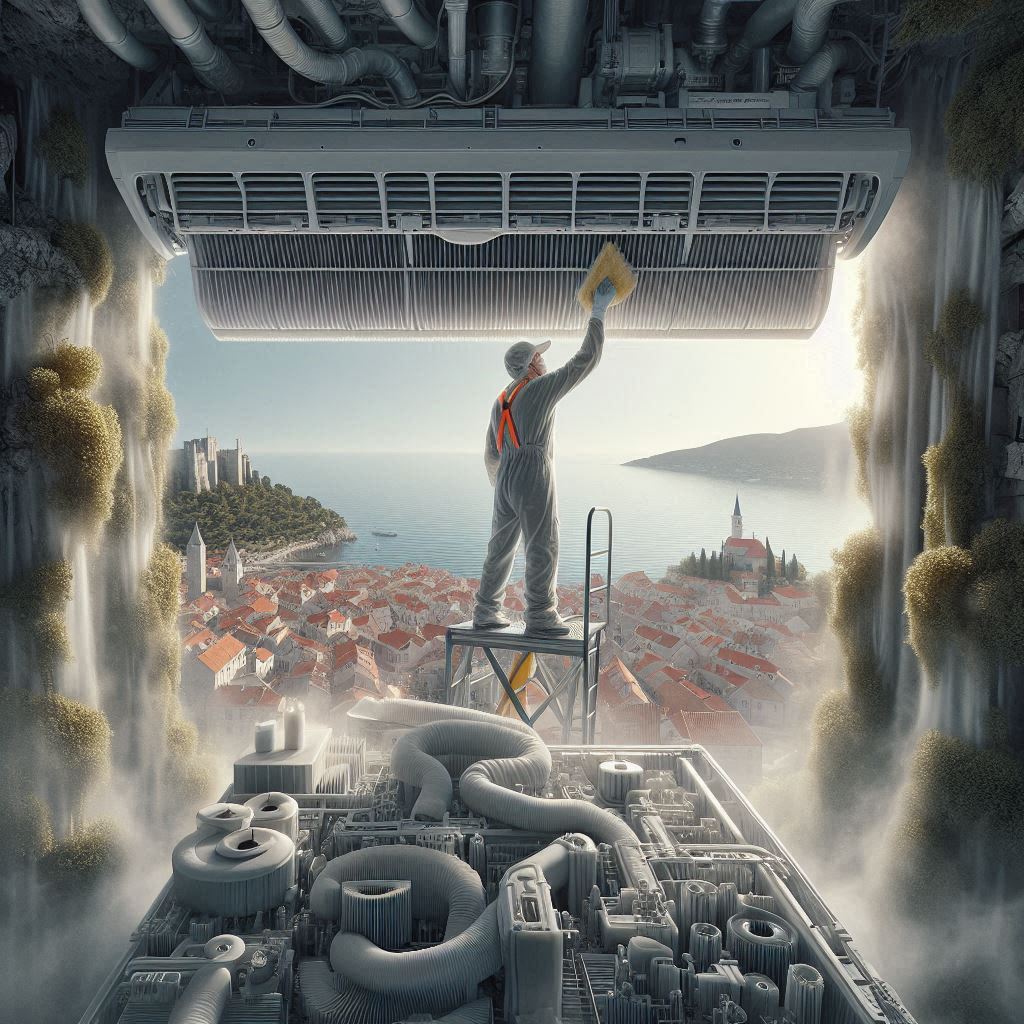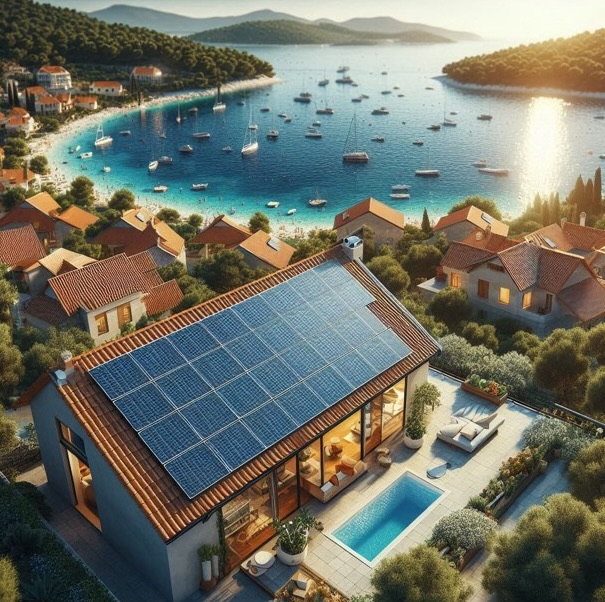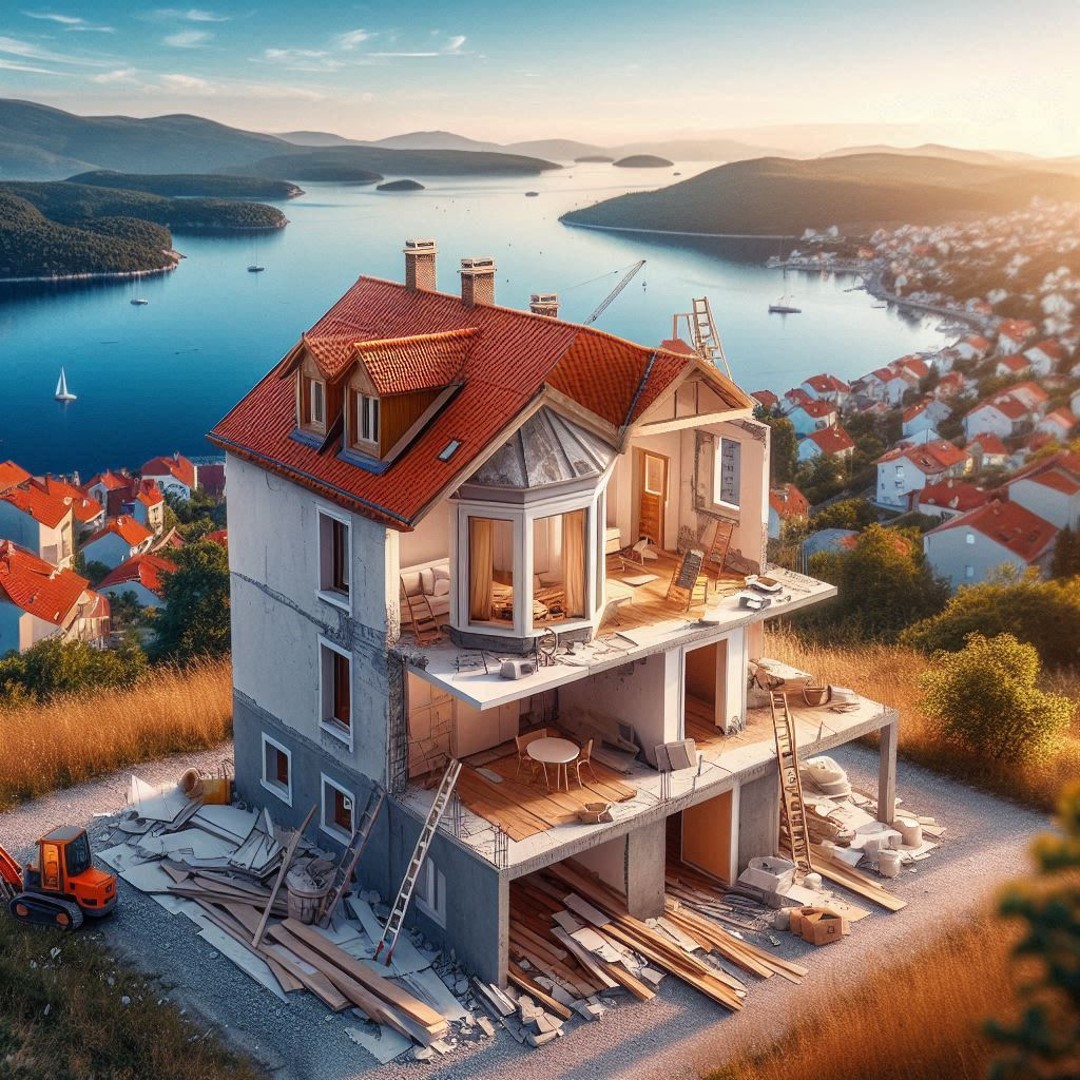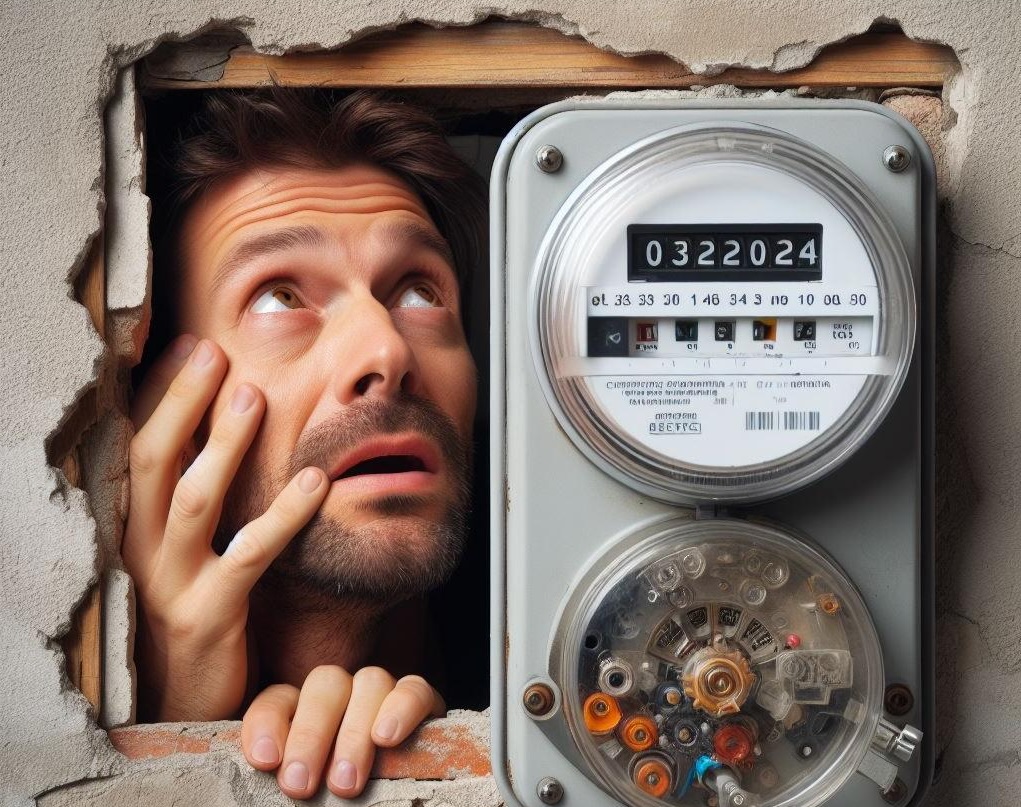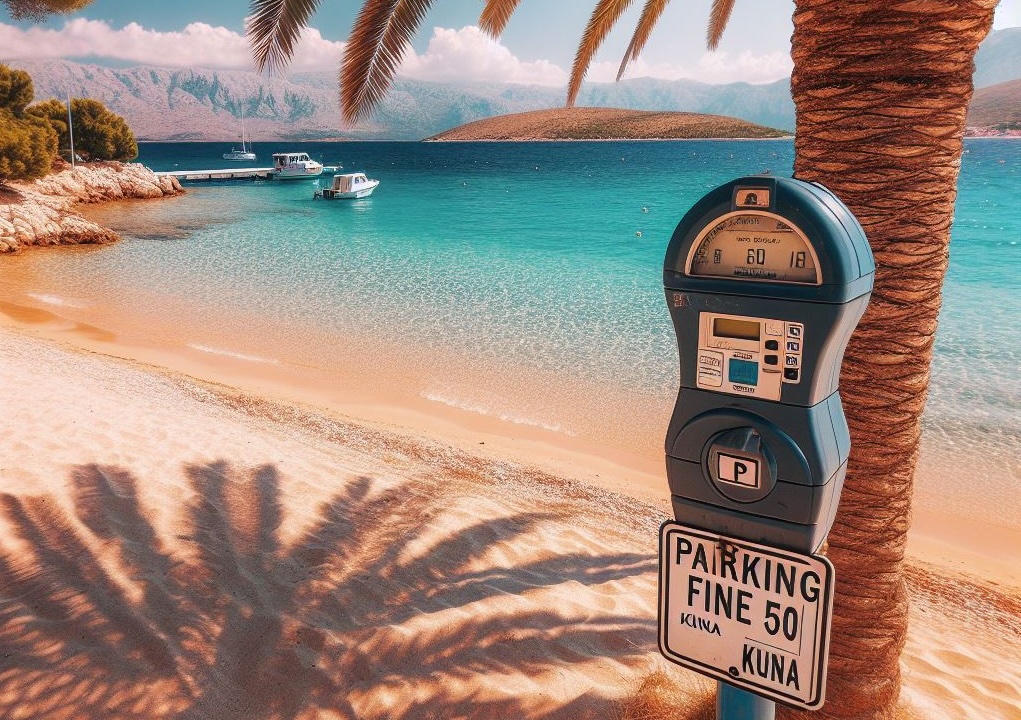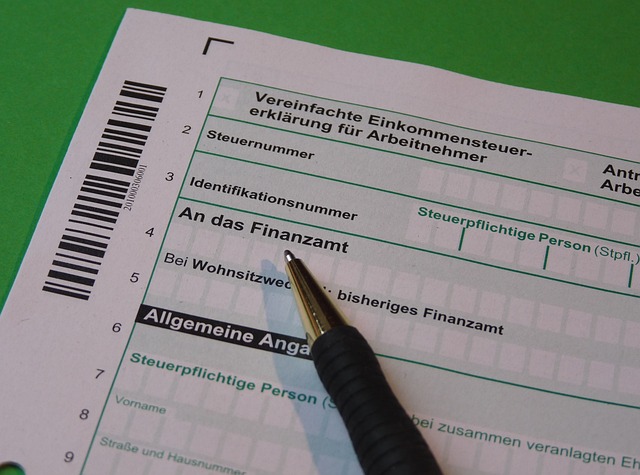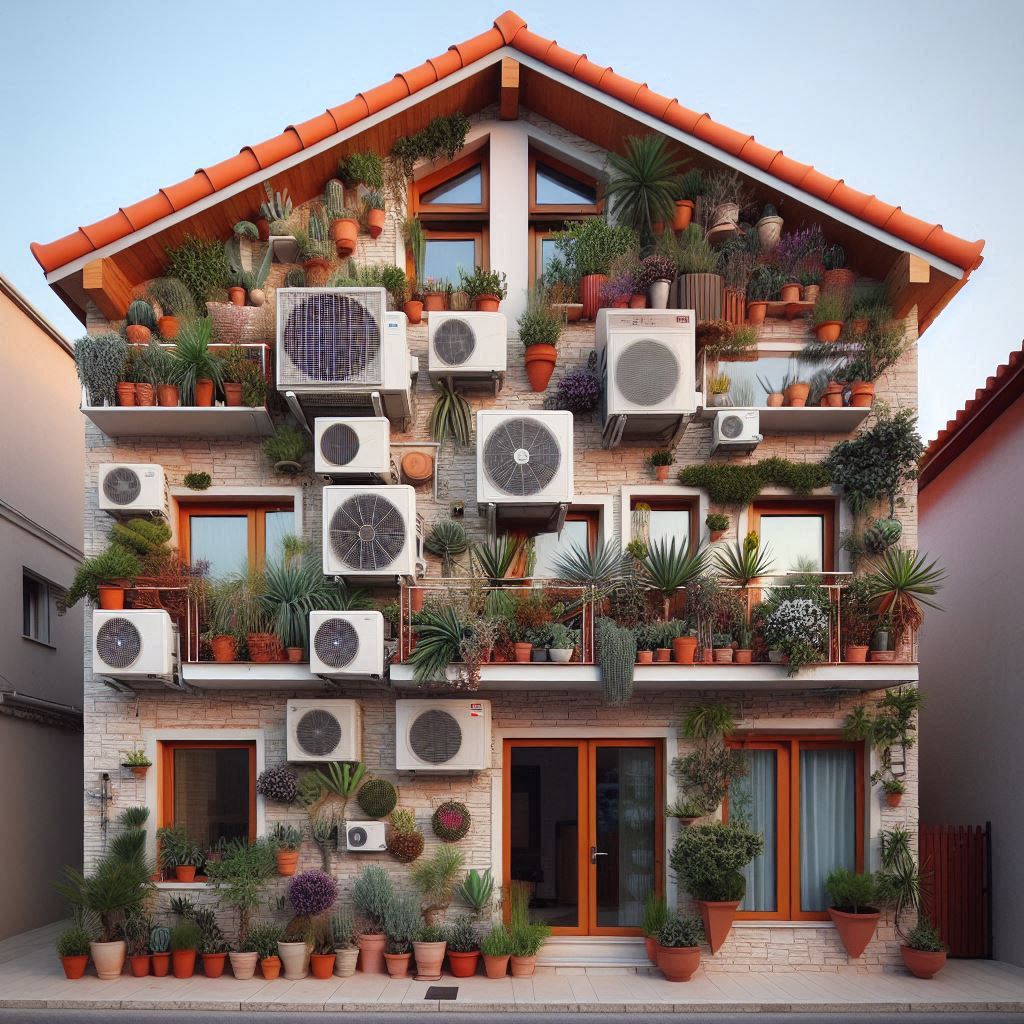
One of the most significant provisions of the new law is the requirement to obtain the consent of 80% of the building's co-owners before an apartment can be rented out to tourists or workers. This requirement aims to prevent situations where short-term rentals could negatively affect the quality of life for other residents of the building. If this consent is not obtained, apartment owners may face fines ranging from 2,000 to 10,000 euros. This measure is seen as an effort by the state to promote long-term apartment rentals and curb the uncontrolled growth of short-term rentals, which in recent years has caused problems, especially in tourist areas.
Another key change is the ban on installing air conditioners and satellite dishes on street-facing building facades if they are visible from the street. This ban aims to improve the aesthetic appearance of urban buildings and prevent the uncontrolled placement of technical devices that could disrupt the appearance of the building and the overall impression of the urban environment. Co-owners who violate this ban may be fined between 1,000 and 5,500 euros, with higher fines of up to 10,000 euros possible for companies that carry out these installations.
The law also tightens rules on building modifications, such as enclosing balconies, loggias, or terraces. These modifications will only be possible with the consent of the co-owners and the relevant authorities. Otherwise, hefty fines may be imposed not only on apartment owners but also on the companies that carry out these works. This measure aims to prevent uncontrolled construction interventions that could endanger the stability of the building or damage its appearance.
Fines will also apply to co-owners who do not allow the building manager or their representative to access their units for the purpose of maintaining common parts of the building or remedying defects. Denying access can be punished with a fine of up to 5,500 euros. This regulation aims to ensure that common areas of buildings are kept in good condition and that defects that could cause damage are quickly addressed.
The law also addresses the obligation to insure buildings. If the co-owners do not secure insurance for the building, they may face fines ranging from 1,000 to 2,000 euros. The purpose of this provision is to ensure that all buildings are insured against possible damage, thereby reducing the risk of financial losses for all owners.
It is important to emphasize that the law is not retroactive. This means that it will not apply to existing installations of air conditioners, antennas, or enclosed balconies but will only apply to new installations and modifications made after its entry into force. This aspect of the law was particularly emphasized to avoid confusion and additional costs for owners who have already invested in these modifications.
According to Deputy Prime Minister and Minister of Physical Planning, Construction, and State Assets Branko Bačić, the new law will also facilitate the installation of elevators and the renovation of building facades, with the state partially co-financing these projects. The law introduces the obligation for buildings to adopt an annual maintenance program for common parts or a multi-year building maintenance and management program. If this program is not adopted, co-owners will be required to contribute a reserve amount equal to five times the minimum common reserve.
This law is thus a comprehensive response to the need for regulation of building management and maintenance in Croatia, with a focus on aesthetics, safety, and the responsibility of co-owners and companies. Its implementation will bring about a fundamental change in the approach to building maintenance and the use of residential spaces in the country.
















